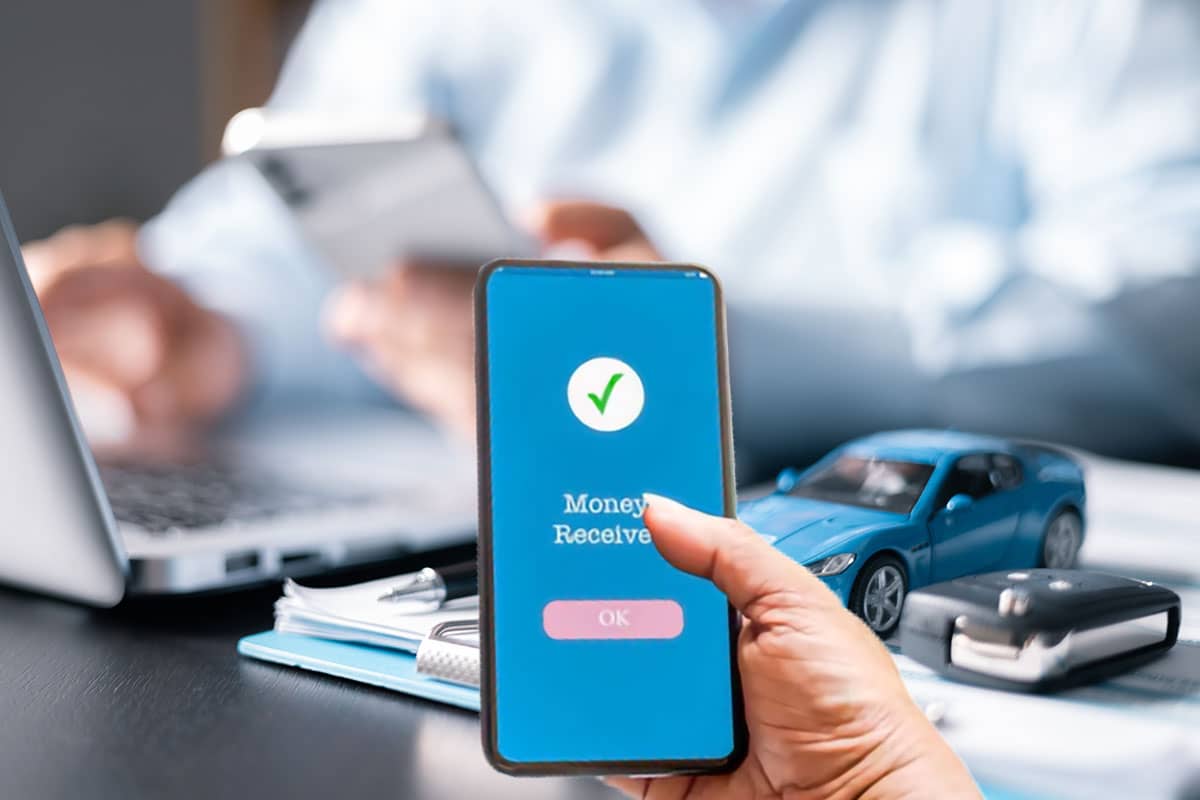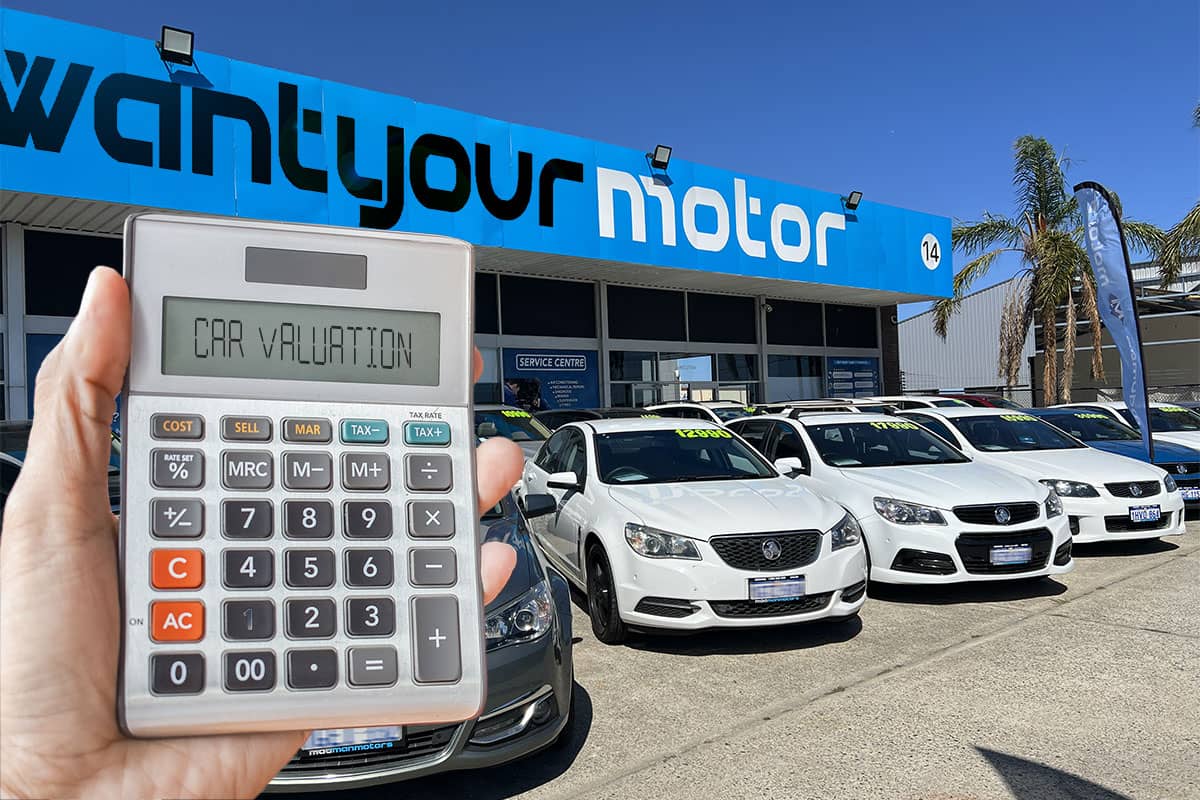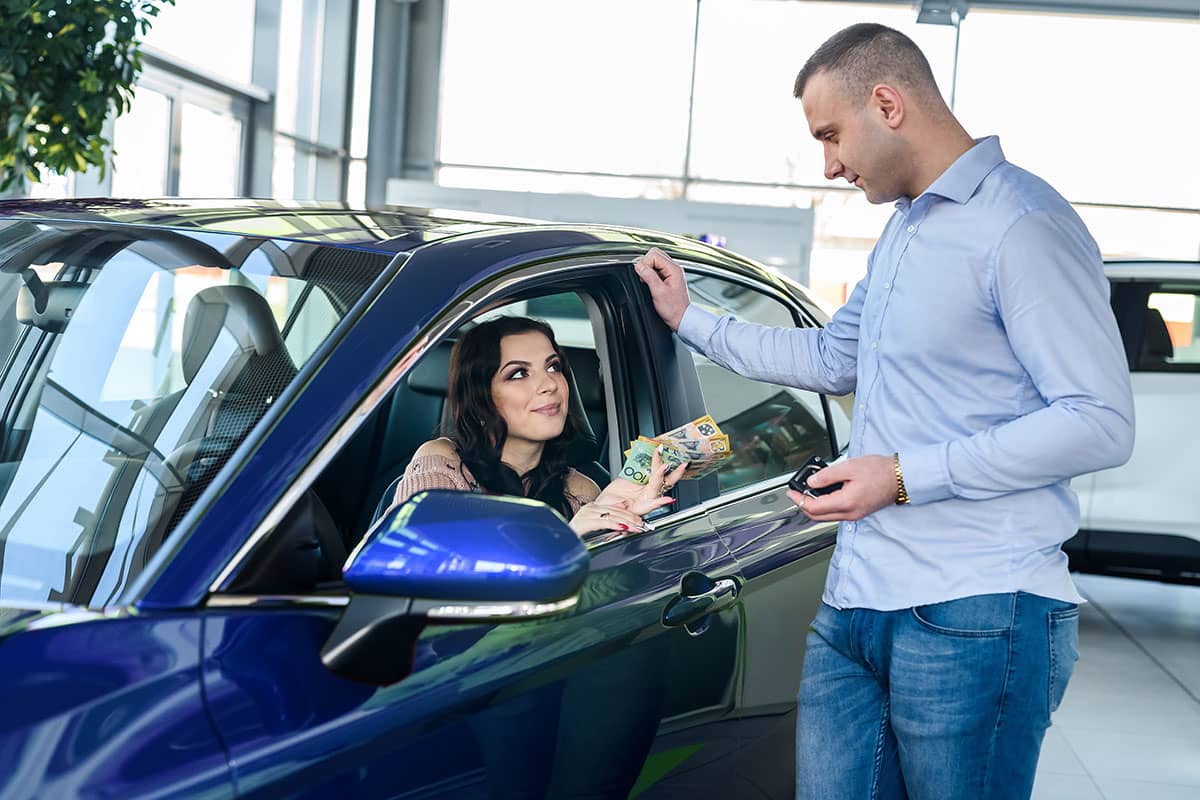
When you're selling your car, accepting a bank transfer might seem like the safest option, but is it really? While bank transfers offer certain security advantages over cash or checks, they're not immune to fraud. You'll need to navigate potential scams, verify payments properly, and understand the risks before finalising your sale. Let's explore what you should know about bank transfers and how to protect yourself when selling your vehicle.
The Risks of Bank Transfers in Car Sales
You'll want to be extra cautious with bank transfers when selling your car, as Australia has seen a significant rise in sophisticated transfer scams targeting private vehicle sales.
Scammers often manipulate fake transfer receipts or use stolen bank accounts to make it appear they've sent payment when they haven't.
These criminals typically pressure you to hand over your car quickly, claiming they've made the transfer while providing doctored proof of payment that can look surprisingly legitimate.
The Rise of Bank Transfer Scams in Australia
While bank transfers have become a popular payment method for private car sales in Australia, they've also attracted sophisticated scammers who exploit sellers through fake payment confirmations and doctored receipts.
The rise in bank fraud targeting car sellers has grown significantly since 2020, with scammers using increasingly convincing tactics.
You'll need to be particularly alert to buyers who pressure you to release your car before funds clear or who send screenshots of supposed transfers.
To protect yourself, scam awareness is crucial - never hand over your keys until you've confirmed the money is in your account, not just pending.
Watch out for buyers who claim they've sent more than the agreed price and ask for a refund of the difference - this is a classic scam that's cost many Australian sellers thousands.
How Scammers Operate
Scammers employ several deceptive tactics when targeting car sellers through bank transfers.
They'll often use social engineering techniques to gain your trust, presenting themselves as legitimate buyers with urgent needs. You might receive convincing-looking fake documents that appear to show proof of payment or bank transfer confirmations.
Common tricks include sending doctored screenshots of transfers that never happened or claiming they've paid more than the asking price by "accident" and requesting a refund.
They'll pressure you to release the car before funds clear, insisting the transfer is complete. Some scammers even create elaborate stories about being overseas buyers using third-party agents.
They're counting on sellers who don't understand how bank transfers work or are too eager to complete the sale quickly.
The Safety of Bank Transfers in Car Sales: Separating Fact from Fiction
When you're selling your car, you'll want to know whether bank transfers are truly as safe as they seem.
While bank transfers can be secure when handled properly through legitimate financial institutions, you'll need to verify that the payment has fully cleared and can't be reversed before releasing your vehicle.
You can protect yourself by insisting on transfers from known banks, getting proof of the completed transaction, and never accepting payments from unfamiliar or overseas sources.
Are Bank Transfers a Safe Way to Receive Payment?
Bank transfers have become one of the most common payment methods for private car sales, offering a seemingly secure way to receive large sums of money. When done properly, bank transfers provide excellent payment verification and security features that protect both parties.
You'll want to ensure the transfer is complete and the funds have cleared before releasing your vehicle. While bank transfer security is generally reliable, you should still take precautions. Only accept transfers from legitimate banking institutions, and always check your account to confirm the money has actually arrived.
It's best to complete the transaction during banking hours so you can immediately verify the payment with your bank.
Remember that once cleared, bank transfers can't be reversed like checks or credit card payments, making them a safe choice for sellers.
What are the Risks of Using Bank Transfers for Car Sales?
Despite their overall safety, understanding the potential risks of bank transfers can help you protect yourself during a car sale. When evaluating payment methods, be aware that bank transfers can be vulnerable to certain scams.
Fraudsters might send fake transfer confirmation emails or manipulate electronic receipts to appear legitimate.
You'll also need to verify that the funds have fully cleared before releasing your vehicle. Some scammers exploit the fact that transfer amounts can be recalled within certain timeframes, potentially leaving you without both the car and the money.
Additionally, bank transfer security can be compromised if you accidentally share sensitive account details with unauthorised parties. Always double-check account numbers and remember that your bank won't protect you from voluntary transfers to scammers, even if you've been deceived.
How to Safely Accept a Bank Transfer When Selling a Car
When accepting a bank transfer for your car sale, you'll first need to verify your buyer's identity by checking their government-issued ID and matching it to their bank account details.
Look out for common red flags, such as buyers who pressure you to rush the sale or those unwilling to meet in person.
You can further protect yourself by conducting the transaction inside a bank branch, where staff can confirm the transfer's completion before you hand over the keys.
Verifying the Buyer's Identity
Since you're dealing with large sums of money, verifying your buyer's identity is a critical first step in any car sale.
Ask to see their government-issued photo ID and ensure it matches the name they've provided for the bank transfer. Take a photo or copy of their ID for your records, with their permission.
For additional buyer verification, request proof of their current address through a recent utility bill or bank statement. If you're meeting at their home, this can help confirm they live where they claim.
During identity confirmation, trust your instincts - if something feels off about the documentation or the buyer's behaviour, don't proceed with the sale. It's better to lose a potential sale than become a victim of fraud.
Checking for Red Flags
While accepting bank transfers can be convenient, you'll need to watch for several warning signs that could indicate potential fraud.
Be wary if the buyer pressures you to complete the sale quickly or offers to overpay for the vehicle. These are classic red flag indicators of potential scams.
Don't proceed if the buyer refuses to meet in person or wants to send a third party to complete the transaction. Proper buyer verification becomes impossible in these situations.
Also, be suspicious if they claim they're out of the country or can only communicate through email.
Watch out for buyers who send screenshots of transfers instead of official bank confirmations, or those who insist on using unfamiliar payment platforms.
Trust your instincts - if something feels off about the transaction, it probably is.
Alternatives to Bank Transfers for Car Sales
If you're not comfortable with bank transfers, you'll find several secure alternatives for selling your car.
Escrow services act as trusted third parties who hold and verify funds before releasing them to you once the sale is complete.
You can also consider other reliable payment methods like cashier's checks, certified bank checks, or cash payments when handled properly with appropriate security measures.
Using Escrow Services for Secure Payment
Escrow services offer a secure third-party payment option when selling your car privately. When you use an escrow service, the buyer deposits funds with the company, which holds the money until both parties confirm the transaction is complete. This protects you from payment fraud and gives buyers confidence that their money is safe.
To use an escrow service, you'll need to set up an account and follow their verification process. Most services charge a fee based on the sale price, typically 1-3%.
While this adds cost, it's worth considering for high-value transactions or when dealing with unknown buyers. You'll receive confirmation once the buyer's funds clear, and the money is released to you after you've transferred the title and delivered the vehicle.
Considering Other Payment Options
Beyond bank transfers and escrow services, several reliable payment methods exist for private car sales. You can consider accepting a certified bank check, which offers more security than personal checks since the bank guarantees the funds.
Cash transactions remain a popular choice but carry risks - always meet at a bank to verify the bills and complete the deal.
Some sellers opt for payment apps like Zelle or PayPal, though you'll need to weigh their transaction limits and potential fees.
If you're dealing with a local credit union member, they might offer secure in-house payment services.
Money orders provide another alternative payment method, but make sure to verify their authenticity at a post office or bank before releasing your vehicle.
Why Choose I Want Your Motor To Buy Your Car
When you're ready to sell your car, I Want Your Motor offers a streamlined and hassle-free transaction that eliminates the risks of private sales.
You'll benefit from their professional service, which handles all the paperwork and ensures secure payment transfers. Their experienced team provides fair market valuations and quick settlements, so you can avoid the uncertainty of dealing with unknown buyers.
I Want Your Motor's benefits include same-day payments, free vehicle inspections, and comprehensive transaction management.
They'll collect your car at no cost and complete the sale efficiently, saving you time and effort. Their transparent process means you won't face the common challenges of private sales, such as price negotiations or payment complications.
With their proven track record, you can trust them to deliver a professional and secure car-selling experience.
Frequently Asked Questions
Can a Bank Transfer Be Reversed After the Car Has Been Collected?
You'll need to verify payment security, as bank transfers can be reversed. Don't release your car until you've confirmed the transfer's completion and received full payment verification from your bank.
How Long Should I Wait Before Releasing the Car After Transfer?
You should wait until you've received official payment confirmation from your bank, which typically takes 1-2 hours. Don't release the car during this waiting period to ensure funds clear properly.
What Documentation Should I Keep as Proof of the Bank Transfer?
Keep your bank's receipt confirmation, transaction verification details, and a screenshot of the completed transfer. You'll also want the buyer's written acknowledgment of the payment.
Are International Bank Transfers Safe for Selling Cars Across Borders?
You shouldn't accept international transfers when selling cars - they're too risky. You'll face serious international transfer risks, potential scams, currency exchange issues, and complicated legal hurdles across borders.
Should I Accept Partial Payments Through Bank Transfers When Selling Cars?
Don't accept partial payments when selling cars. You'll risk losing both money and your vehicle. Instead, insist on full payment after completing proper buyer verification steps before releasing the car.
Conclusion
While bank transfers can be a safe way to sell your car, you'll need to take proper precautions. Always verify the payment has cleared before releasing your vehicle, and don't rush the process.
If you're uncomfortable with bank transfers, consider using secure alternatives or selling to a reputable car-buying service. Remember, your safety and financial security should be your top priority when completing any car sale.





Leave a comment (all fields required)